Covid-19 vaccines are finally here – so when can I travel again? The face of luxury tourism in 2021 and beyond
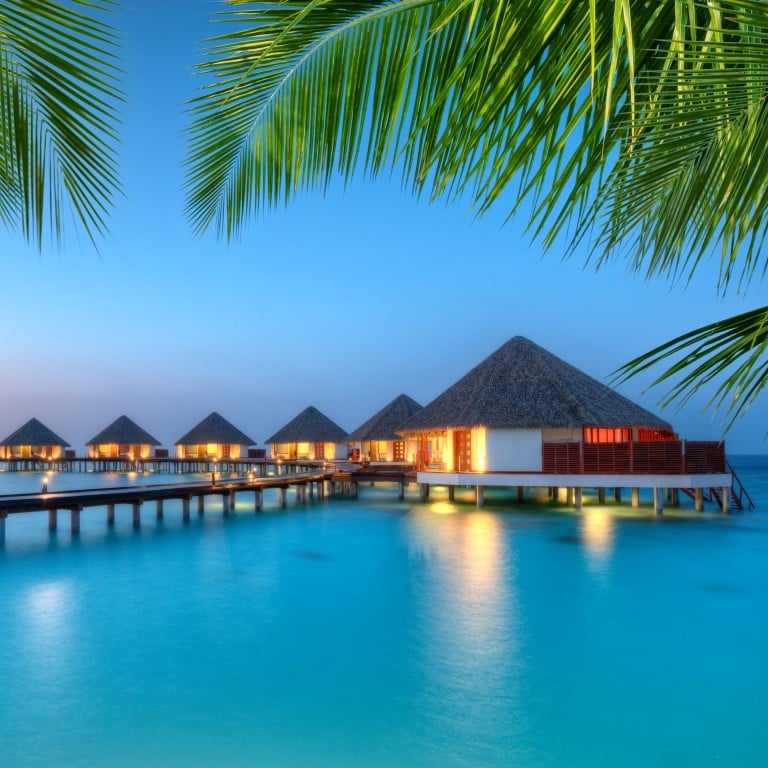
So, vaccines. That’s a relief, eh? With several Covid-19 vaccines appearing to be safe and effective, one of the questions on many people’s lips is: when can we go on holiday again?
But it’s going to be a tremendous challenge to make enough of those vaccines, get them to people and get those people to take them, so a return to anything like normal for luxury travel is likely to take a little while yet. And so the answer to the question of when we can travel appears to be: not any time soon, but probably at some point this year – although, as with everything else where this disease is concerned, that could easily change.
I think it’s good news for us that the vaccine is ready, but … it will take time for the public to trust the effectiveness of the vaccines … it won’t go back to pre-Covid levels in one night
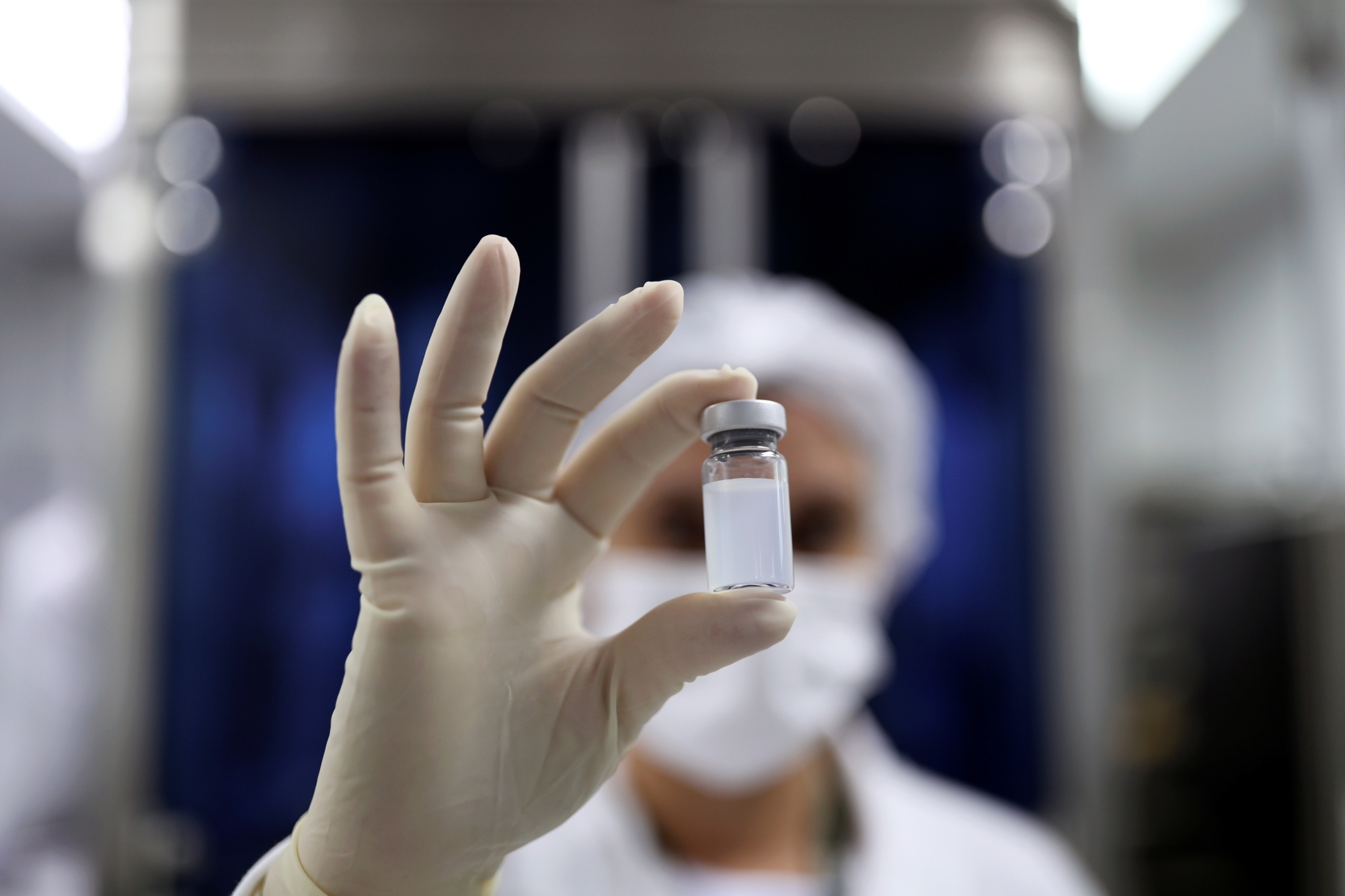
In Hong Kong, vaccines will be available free of charge from the government probably exclusively, but will not be mandatory. The government hopes to start vaccinating people in January and has secured supplies of three vaccines from three different sources which are due to arrive at different times during 2021: Sinovac from China, BioNTech/Pfizer from Germany and the US, and Oxford/AstraZeneca from the UK.
Some but not many other jurisdictions around the world have already started vaccination programmes. Israel, with a population slightly larger than Hong Kong’s, seems to have been the fastest in rolling it out so far. It’s currently vaccinating about 2 per cent of its population per day with other small, wealthy states in the Middle East not far behind.
Will the colossal Prodigium yacht concept ever reach the water?
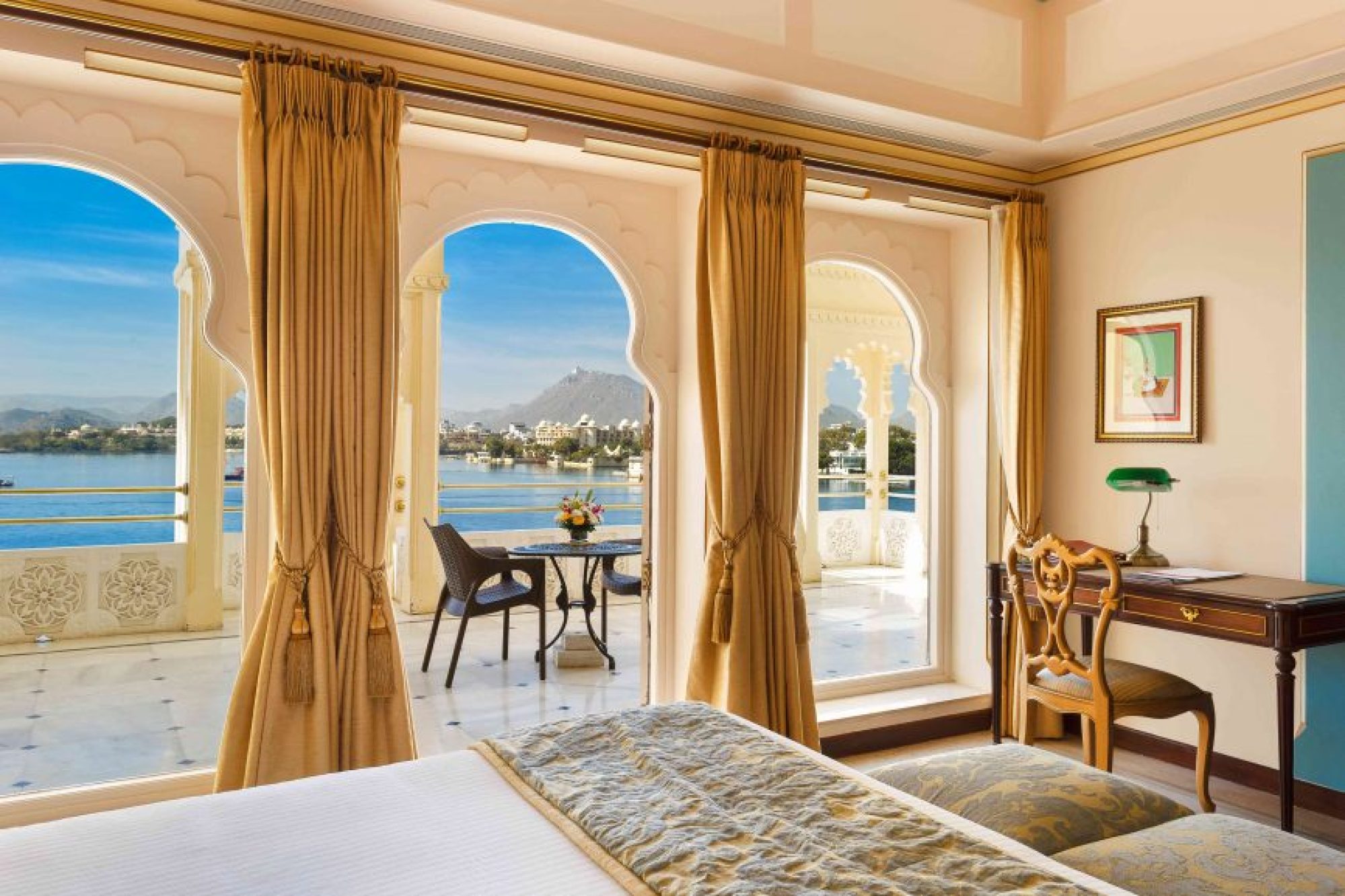
There is no news, though, on when people will be able to travel freely and without quarantine. Hong Kong is still banning non-residents and mandating 21 days’ quarantine for all incoming residents, while most other places have similarly stringent restrictions. The vaccine will need to have been rolled out to a very large number of people and its effects closely monitored – in particular the effect it has on the virus’s ability to infect other people – before any jurisdiction is going to even think about lowering its guard in terms of travel restrictions.
Jason Wong, chairman of travel trade body the Travel Industry Council of Hong Kong, says sentiment in the industry is optimistic but cautious.
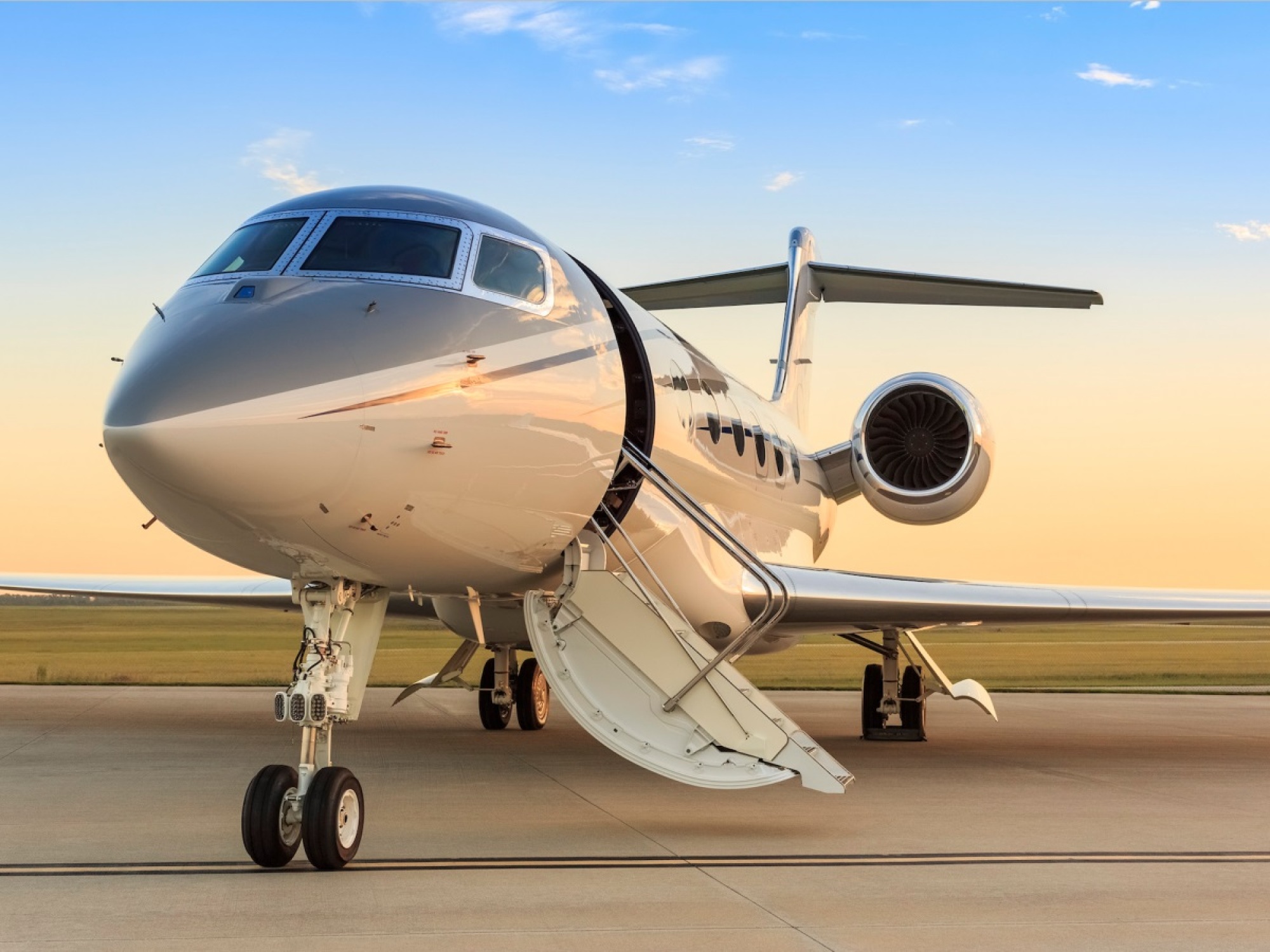
“I think it’s good news for us that the vaccine is ready, but it’s not really time yet to assess the impact on demand. It will take time for the public to trust the effectiveness of the vaccines.
“Everyone in town is really looking forward [to it]. The demand is here: Hong Kong people really love to travel. But we understand it won’t go back to pre-Covid levels in one night.”
Why did Emirates redesign the Airbus A380, a dying breed of aircraft?
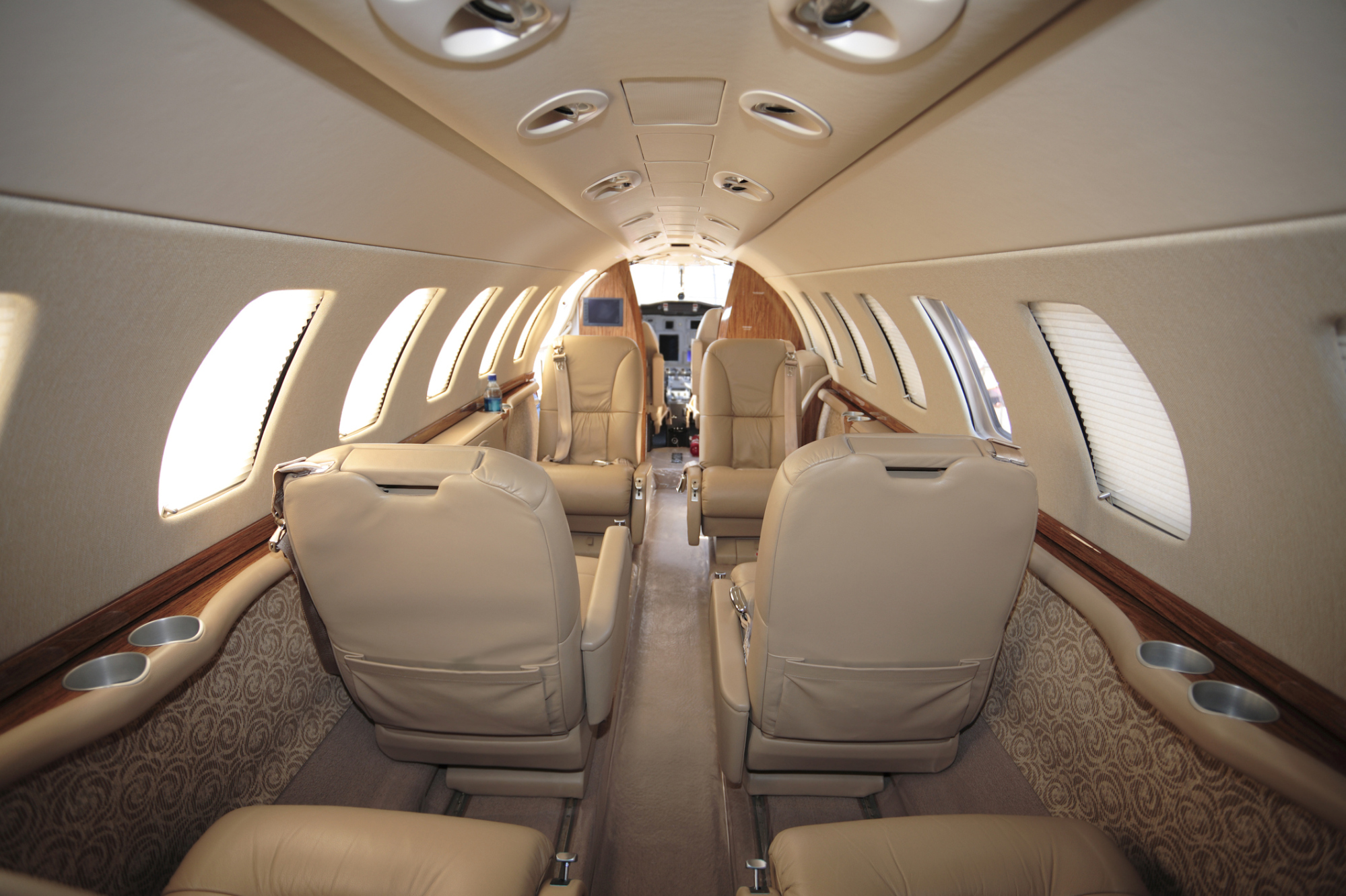
According to David Keen, founder and CEO of Bangkok-based hospitality branding agency Quo, with the announcement of the vaccine, the end of 2020 and the election of Joe Biden in the US, “there was an expectation that somehow [Covid-19] would miraculously go away”. But, he says, “2021 will be horrible pretty much globally; 2022 might be better. The operative word is ‘volatile’.”
Free movement of travellers is likely to be dependent on individuals having received an approved vaccine and as a result some kind of certification, probably electronic – something that Qantas CEO Alan Joyce, for example, has said he thinks will me mandatory. Others within the travel industry, including World Travel and Tourism Council CEO Gloria Guevara, have said that such a requirement could cripple any recovery and deal another heavy blow to a sector that has already suffered mightily.
Covid-19 has forced auctions online – why are bidders excited?
Among the electronic tools being developed to verify vaccinations, WEF-backed non-profit CommonTrust Network is rolling out a system called CommonPass, while global airline group IATA is working on something similar called Travel Pass.
Immunity passports, says Keen, are “an ideal solution, but with how political everything’s becoming and how polarised countries are, how easy is that going to be? There has to be some kind of system, but it’s hard to put into place. Will that be a nail in the coffin of the travel industry? It could be.”
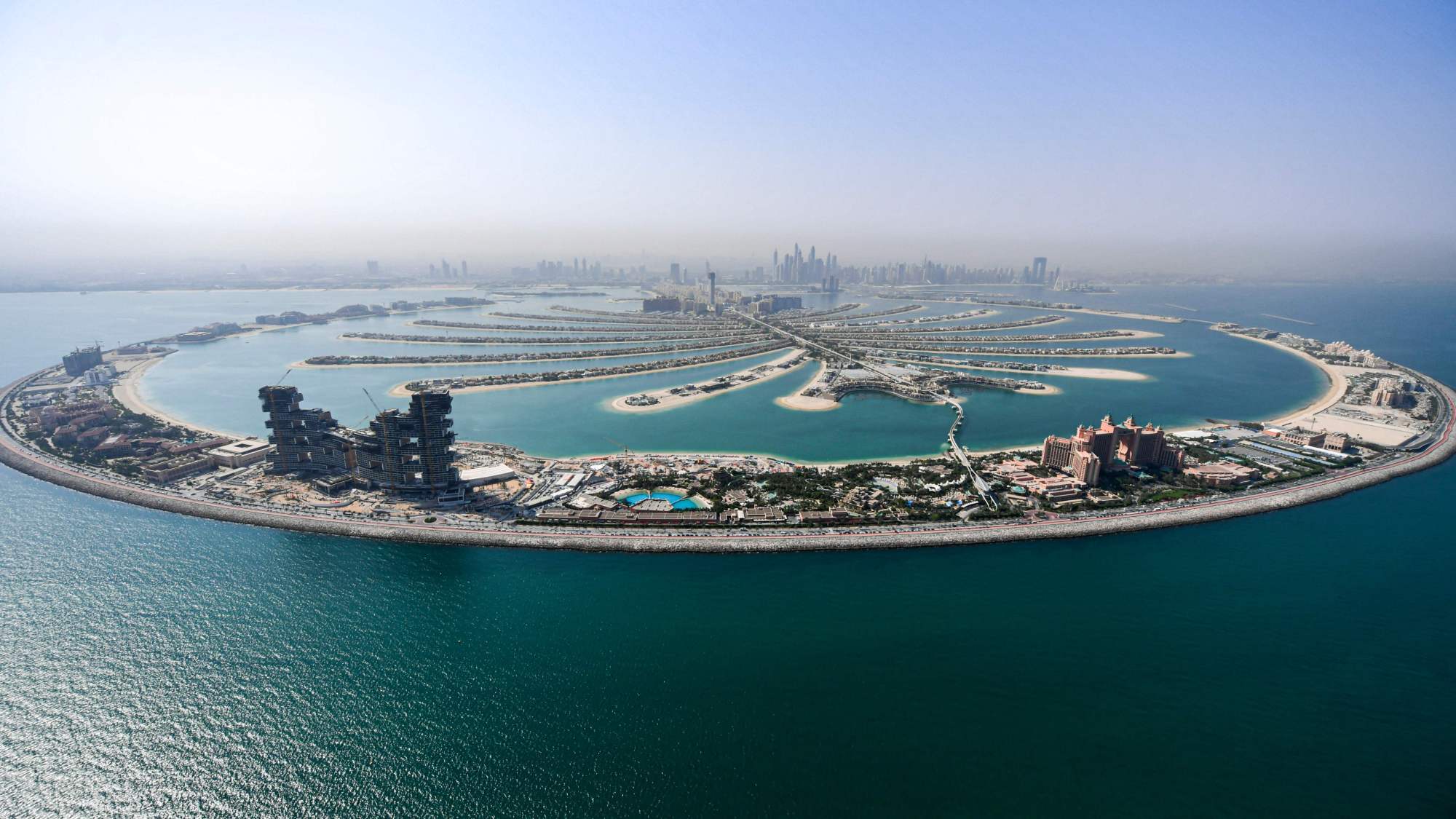
In addition to the challenges of international cooperation, adds Wong, “privacy issues need to be taken care of, plus is the cost being borne by governments or by travellers?”
The financial markets, at least, think that the vaccine announcements are good news for the travel industry: Cathay Pacific’s share price, for example, had risen from HK$5.26 (US$0.68) at the end of October to more than HK$7 at the time of writing. Credit agency Fitch Ratings sounded a warning, though, when it predicted recently that it will take the global industry until about 2024 to recover to pre-pandemic levels.
Want more stories like this? Sign up here. Follow STYLE on Facebook, Instagram, YouTube and Twitter.

- China’s Sinovac, BioNTech/Pfizer from Germany and the US, and the UK’s Oxford/AstraZeneca will all be available in Hong Kong
- Will immunity passports like CommonPass be necessary to travel, and when will they be introduced?